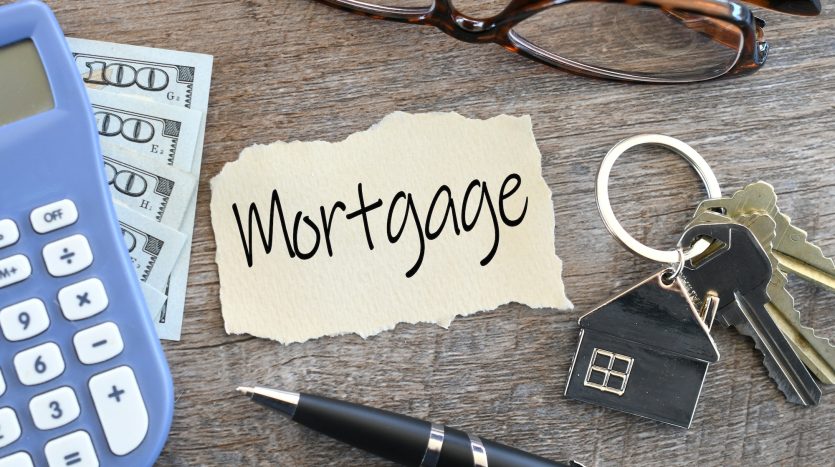The Pros and Cons of Variable Rate Mortgages
A variable rate mortgage is a type of loan that has an interest rate that can fluctuate over time. It is an attractive option for some borrowers because it can potentially offer lower monthly payments and an easier approval process. However, it is important to understand the pros and cons of this type of loan before making a decision.
A variable rate mortgage is a loan that has an interest rate that can change over time. The interest rate is typically tied to an index, such as the prime rate, and is subject to change based on market conditions. This type of loan can be attractive for borrowers who are looking for a lower initial interest rate and lower monthly payments.
One of the main advantages of a variable rate mortgage is that it can offer lower initial interest rates and lower monthly payments. This can make it easier to qualify for the loan and can save money over the life of the loan. Additionally, if the market interest rates drop, the borrower can benefit from a lower rate, thereby saving even more money.
The main disadvantage of a variable rate mortgage is that the interest rates can increase over time. If the market interest rates rise, the borrower’s payments could increase significantly. This can be difficult to manage, especially if the borrower is already on a tight budget. Additionally, variable rate mortgages usually come with higher closing costs than fixed rate mortgages.
Before choosing a variable rate mortgage, it is important to consider the potential risks. Borrowers should be aware that the interest rate could increase, which could lead to higher payments down the line. Additionally, borrowers should consider their current financial situation and make sure they have the ability to handle higher payments if the interest rate increases.
A variable rate mortgage can be an attractive option for some borrowers, as it can offer lower initial interest rates and lower monthly payments. However, it is important to consider the potential risks before making a decision. Borrowers should make sure they understand the pros and cons of this type of loan and make sure they have the ability to handle higher payments if the interest rate increases.


